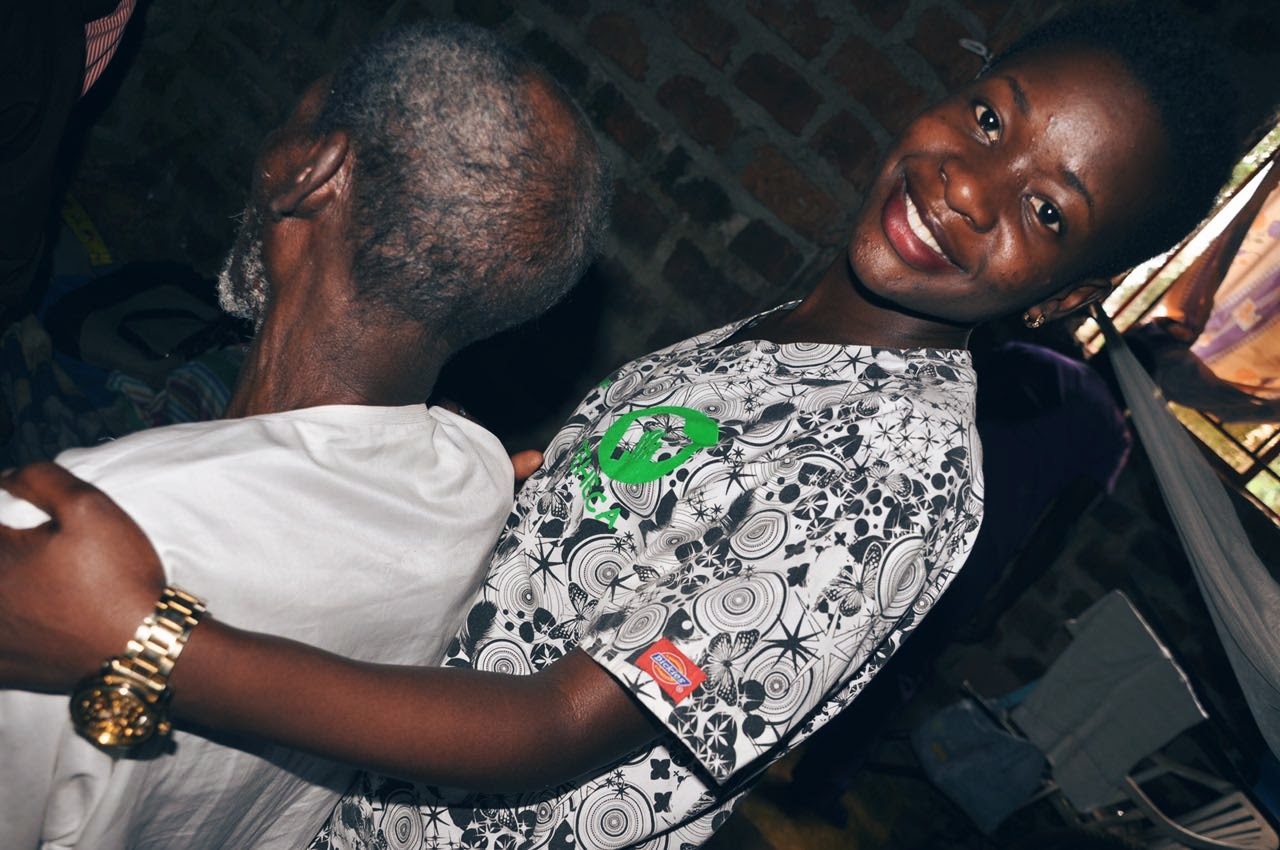Palliative care is care that helps people live their life as fully and as comfortable as possible when living with a life-limiting or terminal illness.
Palliative care identifies and treats symptoms which may be physical, emotional, spiritual or social. Because palliative care is based on individual needs, the services offered will differ but may include:
- Relief of pain and other symptoms e.g. vomiting, shortness of breath
- Resources such as equipment needed to aid care at home
- Assistance for families to come together to talk about sensitive issues
- Links to other services such as home help and financial support
- Support for people to meet cultural obligations
- Support for emotional, social and spiritual concerns
- Counseling and grief support
- Referrals to respite care services
- Improves the quality of care
- Focuses on the quality of life
- May improve survival
- Relieves burden on family
- For further assistance in decision making
- To coordinate care among multiple providers
This is a family-centered model of care, meaning that family and caregivers can receive practical and emotional support.
Who is palliative care for?
This care is for everyone of any age who has been told that they have a serious illness cannot be cured. Palliative care assists people with illnesses such as cancer, motor neuron disease and end-stage kidney or lung disease to manage symptoms and improve quality of life.
For some people, palliative care may be beneficial from the time of diagnosis with a serious life-limiting illness. Palliative care can be given alongside treatments given by other doctors.
Who is in the palliative care team?
Patient care assistant, personal care aide, aged care worker and any other health care provider plays an important role in providing palliative care, as do family caregivers. They are supported by specialist palliative care services if symptoms become difficult to manage.
Where is palliative care provided?
Palliative care is provided where the person and their family wants, where possible. This may include:
- At home
- In hospital
- In a hospice
- In a residential aged care facility
Many people indicate a preference to die at home and making this possible often depends on several factors, including:
- the nature of the illness and amount of care the person needs
- how much support is available from the person’s family and community
- Whether the person has someone at home who can provide physical care and support for them.
How do I get palliative care?
For help and information ask your :
- Doctor
- Aboriginal Health Worker
- Hospital Liaison Officer
- HACC Worker
- Nurse
Where can I find more information?
For more information contact info@tenderheartscareug.com
0788307598/ 0703468558
DO NOT LEAVE YOUR LOVED ONES UNATTENDED TO!






Leave a Reply